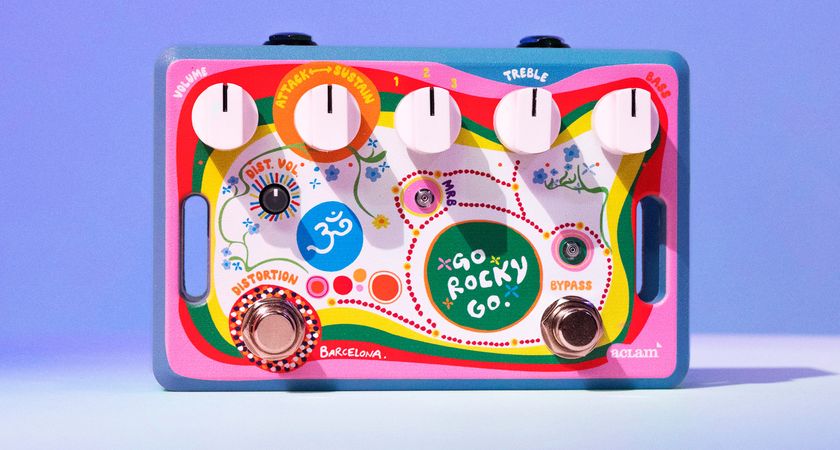Is music theory racist? Adam Neely argues that the harmonic style of 18th Century European musicians has become the default
New video sparks debate
For many Westerners, it’s easy to conclude that the ‘rules’ of music theory are universal, accepted around the world. However, in his thought-provoking and timely video, Music Theory and White Supremacy, YouTuber Adam Neely argues that this isn’t the case.
He claims that, for many of us, the default definition of ‘music theory’ is actually something else: the harmonic style of 18th century European musicians. What’s more, he argues that there is a white racial frame of music theory, in which the views and ideas of white people are held to be more significant than the views of non-whites.
Neely gives the example of figured bass, a form of musical notation that was widely used in the Classical era but is rarely used today. However, it remains in many music theory textbooks, some of which have barely changed for more than a century.
He also shines on a light on alternative perspectives to Western theory, such as Non Indian theory, arguing that, unlike mathematics, the language of music isn’t universal, with different cultures, ethnicities and races all having their own views on what music - and music theory - actually is.
Neely’s video has already amassed almost half a million views and started what some might say is a long overdue debate. Check it out above.
Get the MusicRadar Newsletter
Want all the hottest music and gear news, reviews, deals, features and more, direct to your inbox? Sign up here.



I’m the Deputy Editor of MusicRadar, having worked on the site since its launch in 2007. I previously spent eight years working on our sister magazine, Computer Music. I’ve been playing the piano, gigging in bands and failing to finish tracks at home for more than 30 years, 24 of which I’ve also spent writing about music and the ever-changing technology used to make it.

“I used to play it in my apartment like a million times”: Lady Gaga says that the "electro-grunge" song on her new album, Mayhem, is inspired by a '90s track by The Cure

"There was absolutely nothing you could do to that record to stop it. It was an unstoppable force. Even I couldn’t mess that record up”: Edwyn Collins ponders his career, Orange Juice's break-ups and today's popstars being too nice







